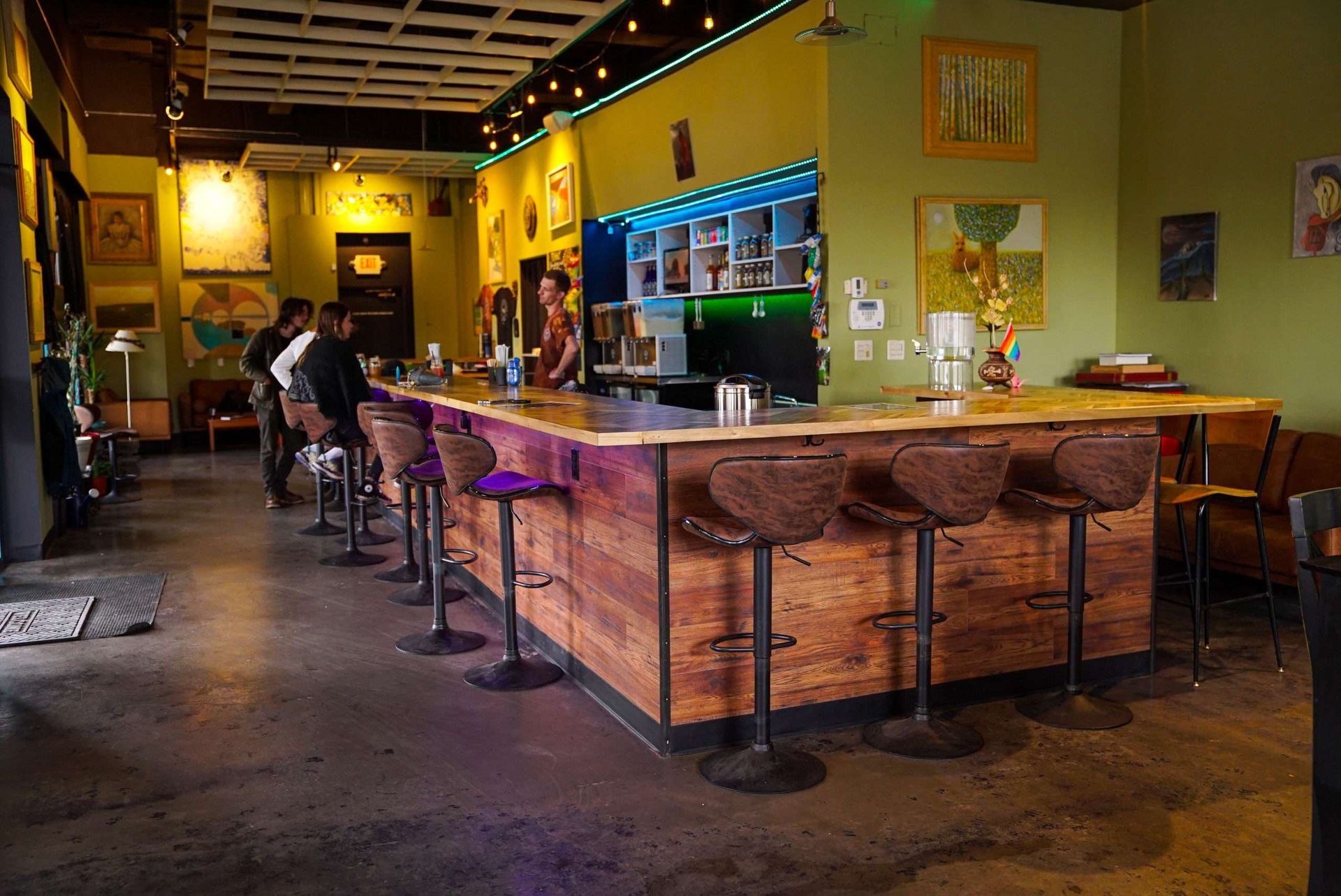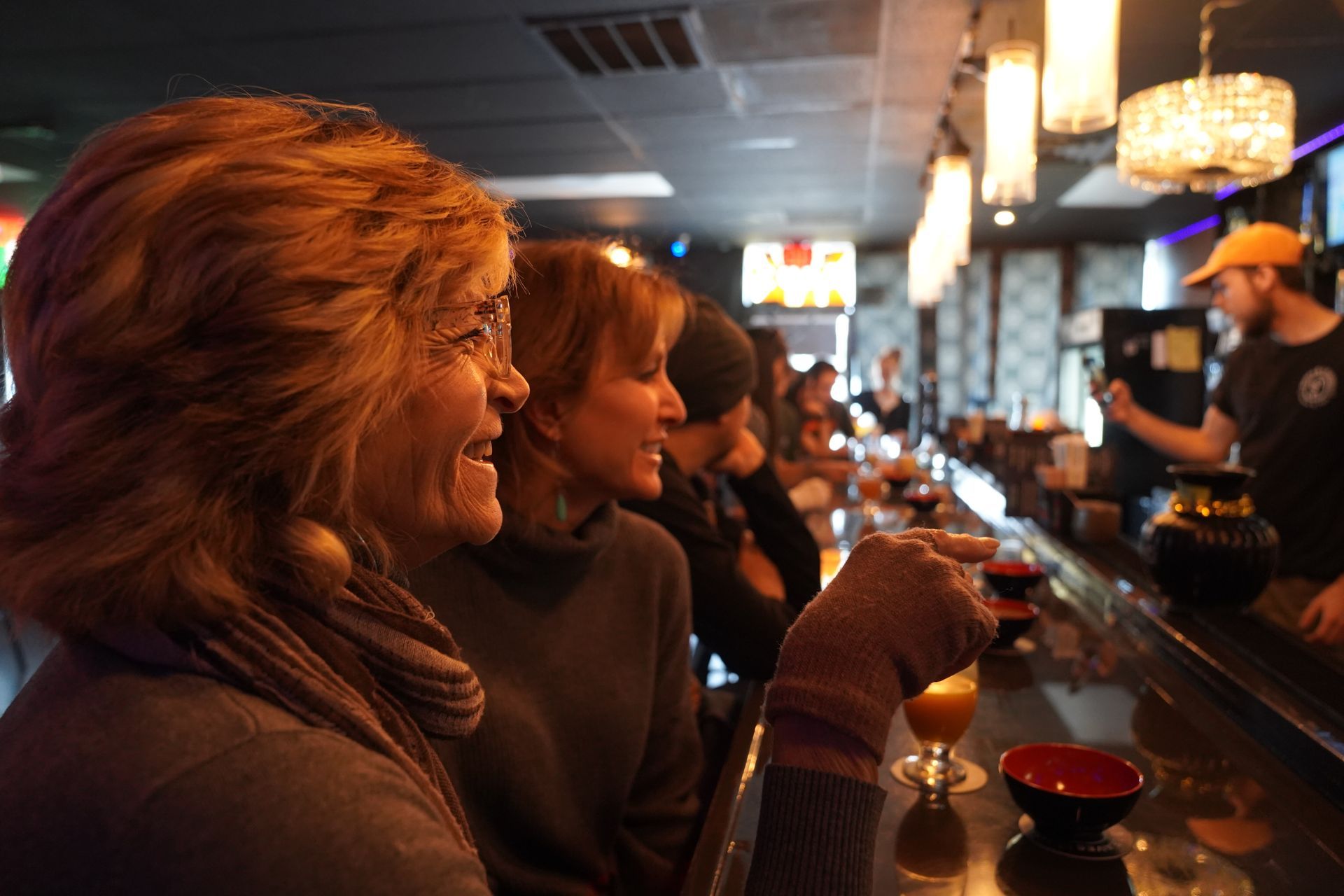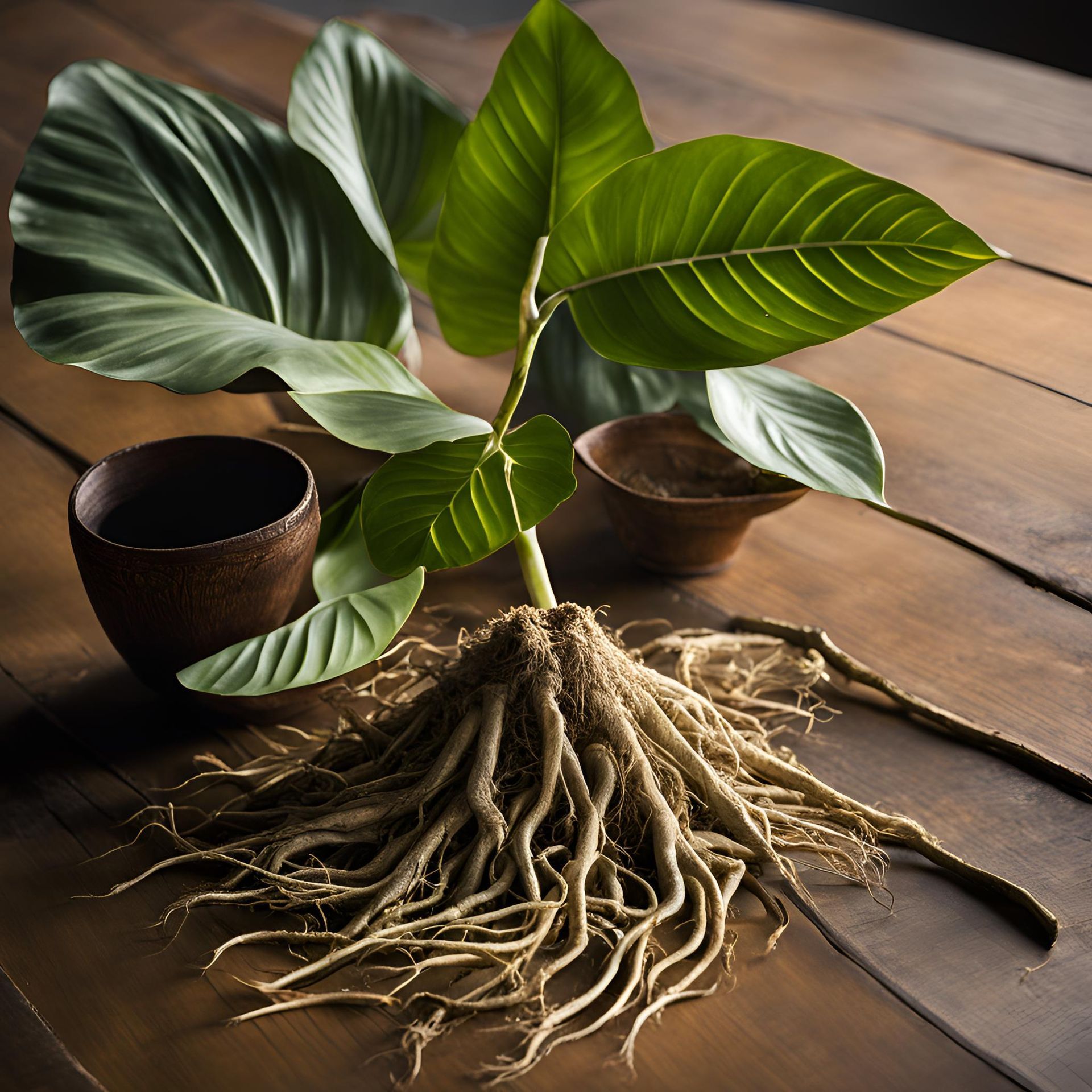Dry January: A History and the Rise of Alcohol-Free Alternatives in the USA
Kava & Ethnobotanical Teas as a Healthy Alternative to Alcohol.

Dry January: A History and the Rise of Alcohol-Free Alternatives in the USA
In recent years, the concept of Dry January has gained significant traction across the United States. Originally launched in 2013 by the UK-based charity Alcohol Change UK, Dry January began as a public health campaign encouraging people to abstain from alcohol for the entire month of January. The campaign quickly grew in popularity, spreading globally as more individuals sought to reset their relationship with alcohol following the indulgent holiday season. In the USA, the trend gained momentum as health-conscious lifestyles became more prevalent, with many people using the challenge as an opportunity to explore healthier alternatives to alcohol.
Kava: A Healthy Alternative to Alcohol
Among the various alcohol alternatives available, kava has emerged as a unique and appealing option. Derived from the root of the kava plant (Piper methysticum), which is native to the South Pacific, kava has been used for centuries in traditional ceremonies and social gatherings. The drink is known for its calming effects, which are attributed to compounds called kavalactones. Unlike alcohol, which can impair judgment and lead to hangovers, kava promotes relaxation without cognitive impairment or next-day discomfort. For those participating in Dry January or looking to reduce their alcohol intake year-round, kava provides a satisfying, stress-relieving alternative that supports both mental and physical well-being.
The Growing Popularity of Kava Bars in the USA
As awareness of kava's benefits spreads, kava bars have been popping up across the United States, creating vibrant social spaces where people can gather without the pressure of consuming alcohol. These bars offer a welcoming environment for those seeking to enjoy a night out without intoxication. The appeal lies not only in the relaxing effects of kava but also in the inclusive, health-conscious atmosphere that kava bars foster. Many of these establishments offer a variety of kava drinks and other herbal alternatives, catering to a growing community of individuals interested in exploring new wellness-oriented experiences.
Why Kava Is a Healthier Choice
For potential new customers, understanding why kava is a healthier choice than alcohol is essential. First and foremost, kava is non-addictive and lacks the intoxicating effects of alcohol, making it easier to enjoy without risk of dependency. Additionally, kava consumption does not lead to hangovers, a common downside of alcohol consumption. By helping to relieve stress and anxiety naturally, kava can serve as a useful tool for those trying to break the habit of drinking. Its ability to foster relaxation without compromising mental clarity makes it an ideal substitute for alcohol in social settings.
Ethnobotanical Teas: Smart Substitutes for Alcohol
In addition to kava, ethnobotanical teas are gaining popularity as smart alternatives to alcohol. These teas, made from a variety of medicinal plants and herbs, offer a wide range of health benefits, including stress reduction, improved digestion, and enhanced sleep quality. Examples include lemon balm tea, which has calming properties, and spearmint tea, known for its soothing effect on the stomach. Like kava, these teas provide a sensory experience that can be enjoyed in social settings without the negative side effects associated with alcohol. For individuals seeking a natural, holistic approach to wellness, ethnobotanical teas offer a delightful and health-conscious option.
Conclusion
As Dry January continues to gain popularity in the USA, so too does the interest in healthier, non-alcoholic alternatives like kava and ethnobotanical teas. Whether you're taking a break from alcohol for the month or looking to make a long-term lifestyle change, these options provide an excellent way to enjoy social interactions while prioritizing health and well-being. With no hangovers, no addiction risk, and a host of potential health benefits, kava and herbal teas are paving the way for a new era of mindful, alcohol-free living.
Visit our Locations page to find a kava bar near you and find out why so many over the age of 18 are choosing a healthier social lifestyle.
*These statements have not been evaluated by the Food and Drug Administration. This product is not intended to diagnose, treat, cure, or prevent any disease. Please always consult with your doctor before trying a new supplement.



